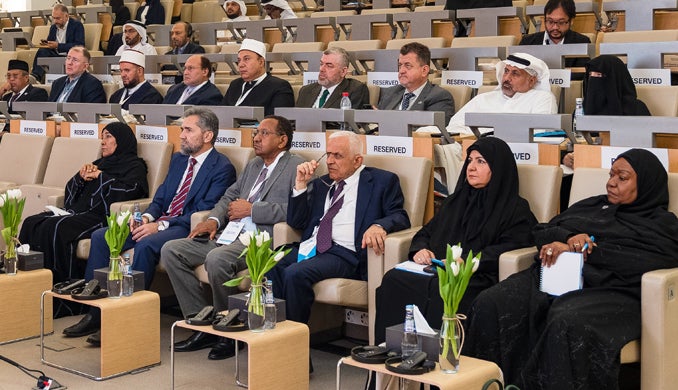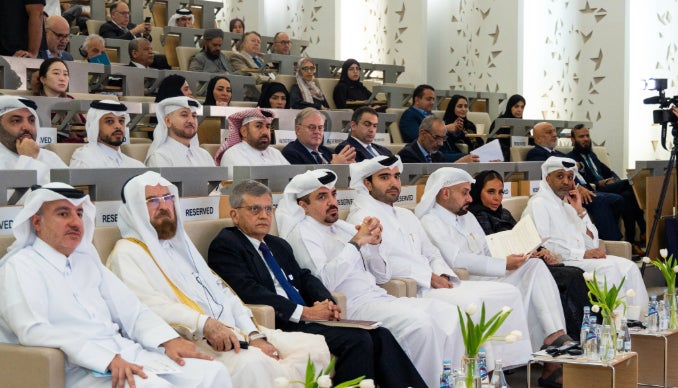Helping Islamic states recover from conflict and instability the main focus of this year’s event
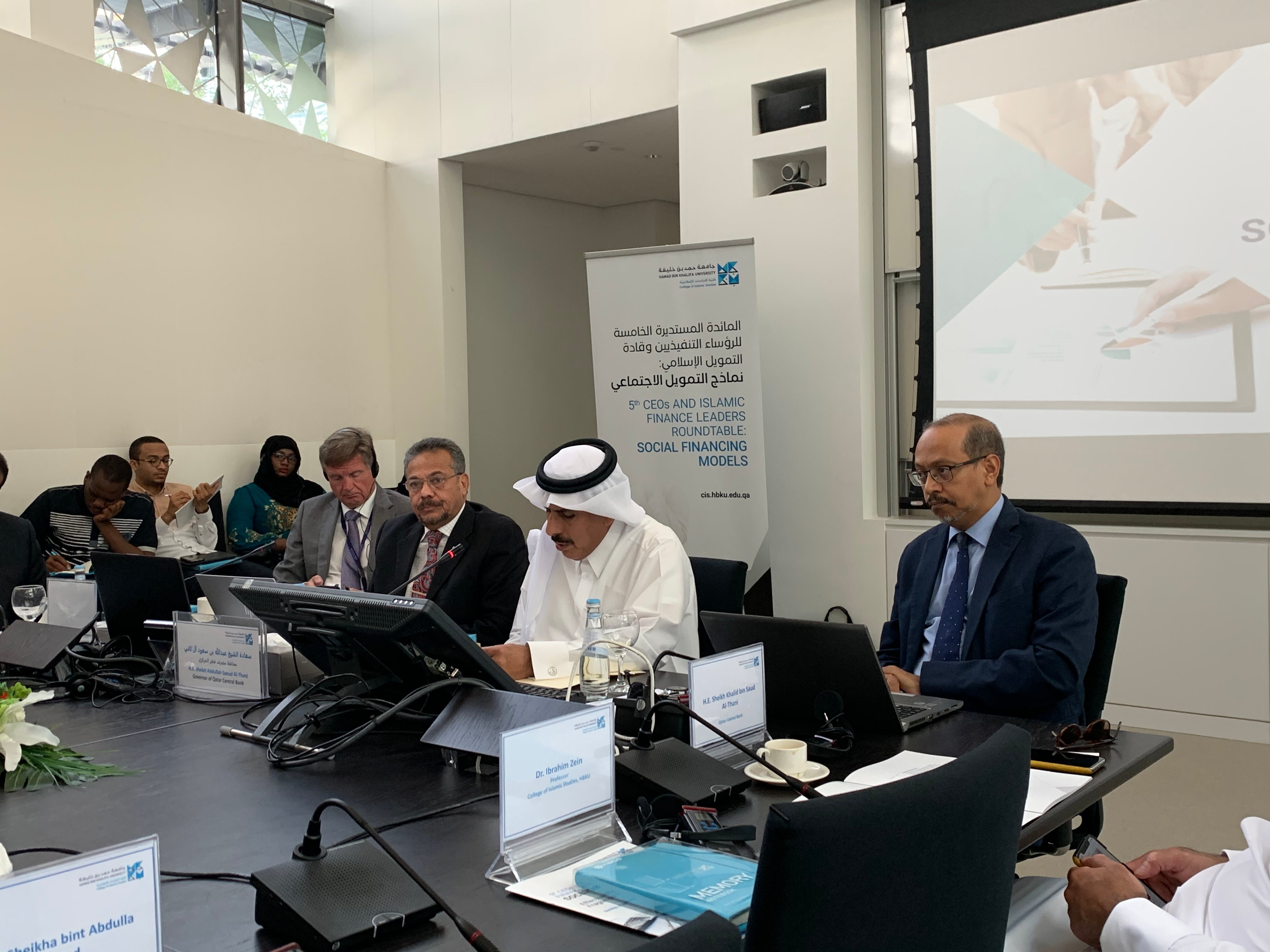
Islamic-led initiatives to stimulate the development of fragile states provided the backdrop for the fifth CEOs and Islamic Finance Leaders Roundtable. Hosted on November 3 by the College of Islamic Studies (CIS) at Hamad Bin Khalifa University (HBKU), the event brought together experts, policymakers, and thought leaders to discuss efforts to help Muslim countries recover from periods of conflict and economic instability.
One of the main talking points over the course of the day concerned the ability of Islamic financial institutions to work with philanthropic organizations and government entities to address the needs of fragile economies. This prompted extensive debates regarding synergies between each organization as well as the need to embrace new ideas and technologies. The latter point led to an examination of blockchain, P2P lending and other fintech innovations and their ability to facilitate the ‘smarter’ financing of fragile Muslim economies and societies.
His Excellency Sheikh Abdulla Bin Saoud Al-Thani, Governor of Qatar Central Bank, was among the dignitaries and keynote speakers discussing collaborative and empowering approaches to post-conflict and socioeconomic development across the Muslim world.
Speaking after the meeting, Dr. Syed Nazim Ali, Director of Research Division and Center of Islamic Economics and Finance (CIEF), CIS, said: “The roundtable’s particular interest in the evolution of financing capabilities was not by accident. Crowdfunding and related novel technologies (i.e. blockchain) have increased the viability of financial institutions to partake in engaging the global agenda of the UN development finance. It has also boosted the advancement of innovative Islamic social finance models available to organizations focused on helping Muslim states recover from years of strife and economic turmoil. To this end, it was an honor for HBKU to facilitate these and follow-on discussions. Doing so also reinforced CIS’ ability to contribute to and shape intellectual debates that frame Islam in a global context.”
Henk Jan Hoogendoorn, Managing Director of Financial Sector Office, QFC Authority said: “We value the opportunity to share knowledge with esteemed leaders present at the 5th CEOs and Islamic Finance Leaders Roundtable in the Islamic Finance space. The roundtable also served to highlight the role of financial inclusion and the need for sustainable economic development in the region. QFC continues to be committed to maintaining Qatar’s position as a global leader in Islamic Finance, with its emphasis on a socially responsible framework for financial services.”
The CEOs’ roundtable series initiative was launched to be a catalyst in opening communication channels between Islamic financial institutions and academia, creating an open forum to discuss new issues and products in the industry. The College of Islamic Studies regularly hosts public lectures and conferences to promote a deeper understanding of the various aspects of Islam among the wider community.
For more information, please visit cis.hbku.edu.qa.
Related News
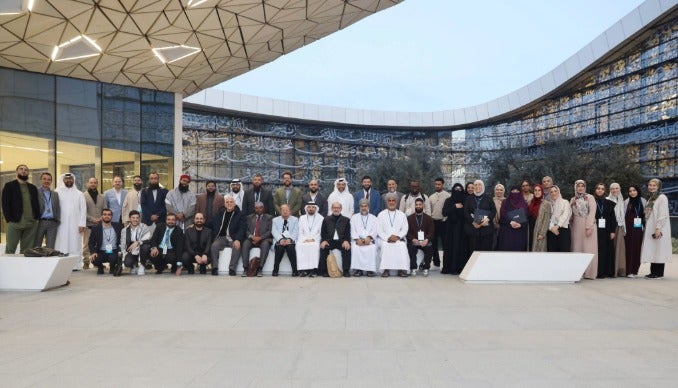
Hamad Bin Khalifa University Symposium Positions Islamic Psychology As Essential Part of Mental Health Systems
Qur’anic Botanic Garden and Herfah Program Revive Traditional Craft with New Dye Plants Garden
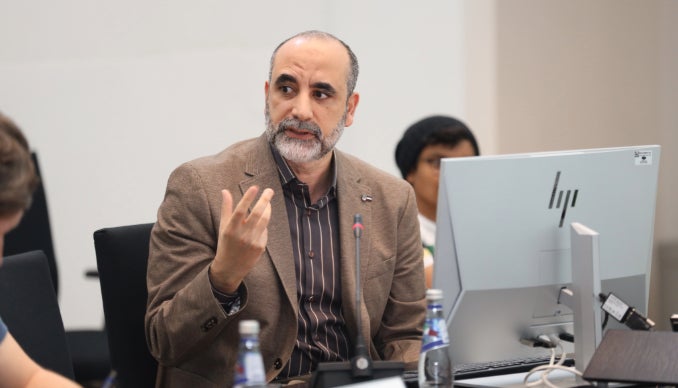
Hamad Bin Khalifa University’s International Islamic Bioethics Association Holds Inaugural Meeting
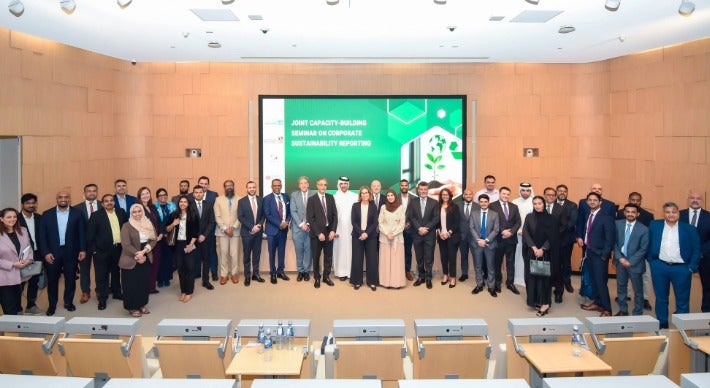
HBKU’s CIS Hosts Second High-Level Seminar on Corporate Sustainability Reporting
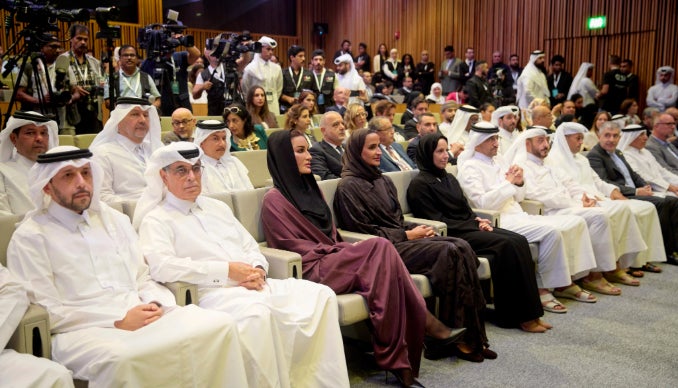
Her Highness Sheikha Moza bint Nasser Attends Hamad Bin Khalifa University’s Conference on AI Ethics
